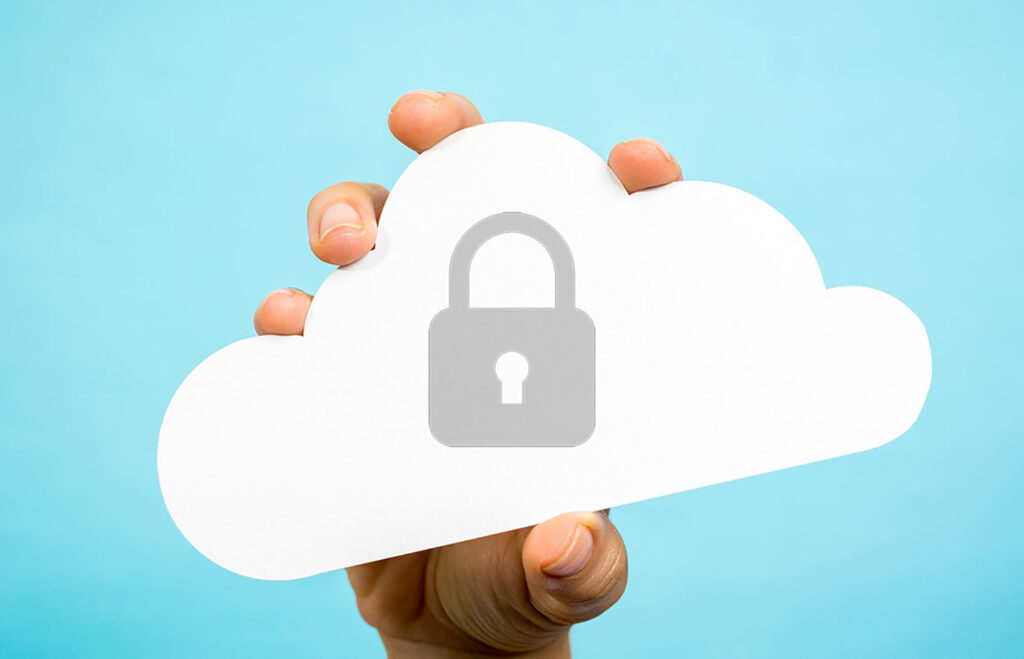When Toy Story 2 was created, it almost became the movie that never was. An employee at Pixar performed an RM command (‘remove all’ for non-techies) with the database that contained all the information on set design, characters, and so forth.
To make matters even worse, the team quickly realized its automatic backup procedures hadn’t been working for the last month.
The adventures of Woody, Buzz Lightyear, and friends were eventually recovered, but only because the technical director had made a copy of the film. As a mom with young children, she had saved it on her personal computer so she could work on it from home and spend more time with her family.
There are few things more frustrating when working with a digital file than having that file get lost or corrupted and losing hours—or more—of work. It’s infuriating on a personal level, but what happens if an entire business loses its files?
It isn’t just about someone accidentally hitting a button and deleting files, like the hubbub of the Toy Story 2 files. What happens if a business is hit by a flood or another natural disaster? If those files are stored on-premises, they’ll be compromised. Then there are power failures, power surges, and computer viruses to contend with.
Backup as a Service (BaaS) is a fairly new approach that enables businesses to engage a third-party to provide file storage, versus a business keeping their file storage in-house through their IT department. In doing this, a business’s technology department is freed up to focus on other tasks to keep things running smoothly.
BaaS service providers may offer private or public cloud storage options, or a hybrid of both.
The growth of the SaaS market
According to MarketWatch—a website that provides business analytics and stock market data—the SaaS market is set to grow exponentially; as much as a compound annual growth rate (CAGR) of 26.6% by 2024.
The growth estimates are largely due to the growing popularity of IoT businesses. Files are growing larger and are set to keep expanding as data from more systems continues to be captured.
Consider a trucking fleet, for example. Thirty years ago, a single truck could only be accounted for when contact was made with the driver.
From the time that truck left a warehouse to the time it arrived at its destination, there was a big question mark about that vehicle. If it failed to show up, why was it late? Was the driver in an accident? Did the truck break down?
Then along came the global positioning system (GPS), enabling businesses to track their fleets more effectively. However, their computer systems had to have increased memory to hold the data sent back via the GPS.
Now with telematics, a wide variety of information can be collected on one single vehicle, including driver behavior and engine efficiency.
In essence, the data being gathered and transmitted to a business can predict when maintenance needs to be completed so that costly downtime can be avoided.
While this information is invaluable, the data takes up a lot of storage on a computer system. For example, Hitachi estimates a ‘connected’ personal vehicle could transmit 25 gigabytes of data per hour—about 25 billion terabytes of data per year.
And that’s just one vehicle. A fleet that captures many more data points increases those numbers exponentially.
It’s understandable that the growing volume of data is a key driver for BaaS providers, but there are many reasons businesses are looking into BaaS options; not just because of data.
More businesses turn to BaaS offerings
Earlier this year, Comport—a BaaS provider—met with industry leaders to explain why businesses are electing to use an outside provider for their data backup.
Here are some other major reasons BaaS solutions are growing in popularity.
1. Accessibility
With legacy backup systems, a user may have to wait until ‘normal’ business hours to recover a lost file, and for large files, recovery could take hours—or even days. For critical recovery, this is hours, or days, too long.
2. Security
The Internet of Things and big data means growing opportunities for hackers to tap into data if traditional backup methods don’t have sophisticated, modern security. BaaS solutions are built to ensure a high level of security.
3. Scalability
Businesses don’t tend to stay the same size for very long. They’re either going to grow their customer bases, or they’re going to consolidate. BaaS options provide multiple solutions and can adapt to changing needs.
4. Upgrades
Hand in hand with scalability, businesses that grow face costly upgrades to bring their in-house systems up to snuff. With a BaaS solution, upgrade costs are often markedly less than if a business was handling these changes internally.
5. Compliance
Depending on the industry a business is in, there are often stringent regulations for managing data. For example, data in the healthcare industry needs to be HIPAA-compliant to ensure patient privacy is maintained. If a business is found to be non-compliant, there can be stiff fines and legal penalties. BaaS companies can help with compliance issues.
“Simple backups simply don’t cut it anymore,” Eric Young, Principal Cloud Architect of Comport, explained. “Companies need the capability for an instant, fully automated backup that guarantees a shortened timeline from incident to recovery.”
A recent report released by Gartner suggests by 2022, 40% of businesses will replace the backup systems they put in place last year, and BaaS businesses are gaining traction as viable solutions.
Gartner points to IBM, Dell EMC, Veritas Technologies, Veeam, and Commvault as leaders in providing data backup and recovery solutions to large enterprise organizations.
However, there are many options for smaller businesses as well. Backblaze is an example of a BaaS offering lower cost-to-entry, and boasting a customer base that collectively trusts the business to shoulder more than 750 petabytes (750,000 terabytes) of cloud-based storage.
Is a BaaS solution for everyone?
Engaging a third-party to provide data storage isn’t necessarily for every business. Nor are BaaS solutions a ‘one-size-fits-all’ option for everybody. Each provider is likely going to have different offerings, so businesses should research their options to make sure the data storage solution they select is right for them.
Here are some questions a business should ask BaaS providers:
- What kind of support do you offer?
If your business does encounter an issue with file recovery, and that occurrence happens outside of normal business hours, does the BaaS solution you’re looking at offer 24/7 support for everyone, or do you have to pay an additional fee for that service?
- Does the solution provide the security you need?
Security goes far beyond someone trying to access your data. Sometimes it’s about access control: locking down data so other employees or departments can’t access it, whether or not they mean well. It can also include encryption for further security.
- Is a BaaS business cost-effective for your needs?
Many times, BaaS businesses charge by the data size backed up; for instance, by the gigabyte. Consequently, BaaS often works well for small- to medium-sized businesses, but not necessarily for larger enterprises.
- Is your third-party data storage compliant?
As mentioned earlier, many industries are governed by specific regulatory rules. It isn’t enough that your business has met all the regulatory requirements; your storage solution needs to be in compliance as well. After all, you’re trusting them to hold your data. They need to follow the same compliance rules.
- Does your BaaS solution support your platform?
In the simplest terms, if your business uses Mac operating systems, what happens if a BaaS provider uses a Microsoft Windows server? However, virtual machines (VMs) have different needs for storage. The most popular products are Microsoft Hyper-V, Citrix, and VMWare VSphere. It’s important to make sure both platforms can sync up; otherwise, the BaaS system is virtually useless for your needs.
BaaS is extremely useful for many businesses. Yet, as with other solutions, it’s critical to look before you leap. Take the time to explore the different options to make sure that data storage option is the best option for your business.





